The borrowing community continues to express serious concern about the prevailing credit crunch and the seeming reluctance of banks to lend. It is argued that bank managers have become so risk-averse that they would rather invest in secured short-term securities rather than lending money to borrowers that are badly in need of financing. Indeed banks are accused of looking for every reason not to give loans which defeats the primary purpose of their financial intermediation role, the very reason for their very existence.
In 2009, The Central Bank of Nigeria (“CBN”) licensed three Credit Bureaux: CRC Credit Bureau, Credit Registry and XDL Credit Bureau to enable financial institutions access information on borrowers. In the absence of a robust credit bureau infrastructure, banks relied primarily on information provided by their customers, which made it possible for “serial defaulters” to continue to gain access to credit from several banks simultaneously without full disclosure of their financial transactions and without the ability or intention to repay.
A credit bureau collects and collates detailed financial data on individuals and companies from public sources and lending institutions with whom they have a borrowing relationship. It then makes this information available on request to subscribers for the purposes of credit assessment and scoring. By its very nature, the credit bureau infrastructure should as it develops, make the environment more conducive to lending; it should reduce loan-processing time, enhance informed lending decisions and ultimately, reduce the level of non-performing loans.
Banks are more conscious than ever in ensuring that they grant credit only to those whom they believe have the intention and indeed the capacity to repay such loans. Before you consider applying for a loan, it is important to understand what lenders look for in arriving at their decision to extend or withhold credit. “The Three Cs of Credit” – character, capacity and collateral are just some of the considerations.
Character
Character, is by far the most important of the three C’s. A borrower of good character will make every effort to fulfill his or her obligations as they fall due. Creditors will take into account your current salary, credit history, and current debt. They will also consider how often you borrow, whether you usually settle your debt obligations and on time, and whether you live within your means. Signs of stability such as how long you have lived at your present address, whether you own or rent your home, and the length of your present employment are also important factors.
From your credit history, personal background, and borrowing behaviour, a lender may decide whether you possess the integrity, honesty and reliability to repay your debts.
Capacity
Capacity refers to your ability to repay a loan and how much debt you can comfortably handle. The lender will look to see if you have been working consistently in a job that is likely to provide enough income to support your borrowing. Income streams are analyzed along with any other obligations that could interfere with repayment. For example, if you are asking for a loan that requires you to make a payment of N200,000 each month, do you have enough income or assets to make the payment along with your other monthly obligations?
Lenders use the debt-to-income ratio to measure how likely you are to repay the loan. They want to know what your monthly income is and any supplementary income from bonuses, dividends or rental income. The debt-to-income ratio is calculated by summing up all your existing monthly debt such as your rent or mortgage payments, car loan payments, or credit card payments, including the monthly payment for the item you are trying to finance. This total number is then divided by your income. Most banks would be uncomfortable if more than 35% – 40% of your income is spent on debt servicing.
Most lenders have stipulated minimum requirements for loan applications. The more you earn in a year, the more qualified you are likely to be. But even if you are a high income-earner, if your debts are equally large, lenders may hesitate to lend you more money.
Collateral
A creditor also wants to know what collateral or assets you have other than your income. This will include your bank accounts, investments such as stocks, mutual funds, bonds, property and other assets. An asset rich borrower has a better chance of getting a loan as lenders feel more secure in the fact that such assets can be liquidated should the borrower fall into any financial difficulty.
There are several reasons why an application might be declined. If your loan request is turned down, ask the loan officer what actions you could take to qualify in the future. Bear in mind that just because one lender turns down your loan doesn’t mean another lender will do the same. Different creditors may reach different conclusions based on the same set of facts. Where one creditor may find you an acceptable risk, another may adopt a more conservative stance and deny you a loan.
Your borrowing behaviour largely determines your credit worthiness and today there is a great premium placed on this. It is expected that as the credit bureau infrastructure becomes well established, responsible borrowers will find it easier to access credit. It is thus important to build a good credit history and repayment culture, always committing to honour all your obligations as they fall due.






















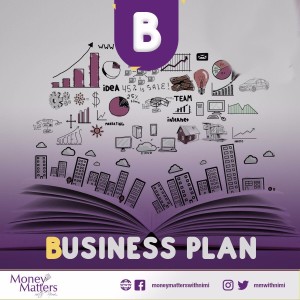


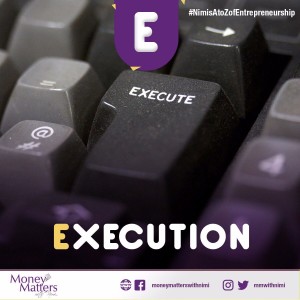



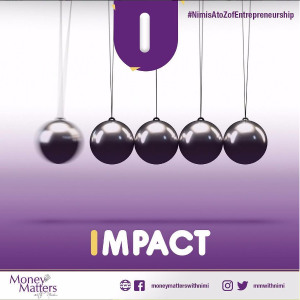
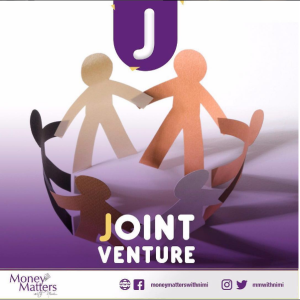
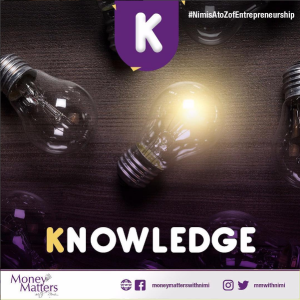



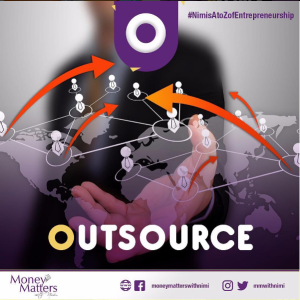



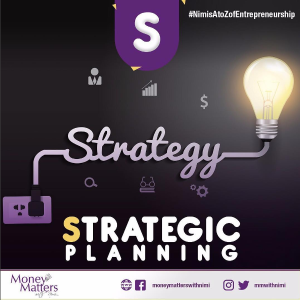
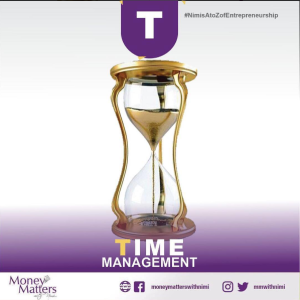

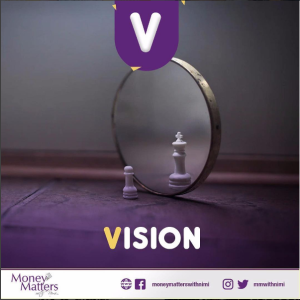




Leave a Reply